Ex-principal who spent 33 years in prison for wife's murder fights to clear his name
Fourth grade teacher Mickey Bryan was killed in Clifton, Texas in 1985.
Joe Bryan, a former Texas high school principal, spent more than three decades behind bars for the 1985 murder of his wife, Mickey Bryan.
Out on parole, Bryan recently celebrated his 81st birthday, and he hopes to be exonerated for his wife’s death.
“I'm not a killer. I didn't kill Mickey. I loved Mickey, she was my other self,” Bryan said. “I hope to be found actually innocent so it's really truly over with. Then for the first time in 34 years I can have a sigh of relief, and I can go visit Mickey's grave and tell her, ‘We know who did it.’”
Watch the full story on "20/20" FRIDAY at 9 p.m. ET on ABC
Bryan said he and Mickey built “a wonderful life” together in Clifton, a small city in central Texas. He was the principal at Clifton High School and she was a fourth grade teacher at the local elementary school.
“Mickey was the salt of the earth... very practical, very dependable,” Bryan said. “When you have your soulmate… and you love each other and you respect each other, it makes life wonderful.”
The last time he spoke to Mickey, he said, was on the phone the night of Oct. 14, 1985. Bryan said he was at a principal’s conference in Austin, Texas, about 120 miles away at the time.
“I said, ‘I love you and I'll see you tomorrow.’ She said, ‘I love you, too. I'll see you tomorrow,’" and it didn't happen,” Bryan said.
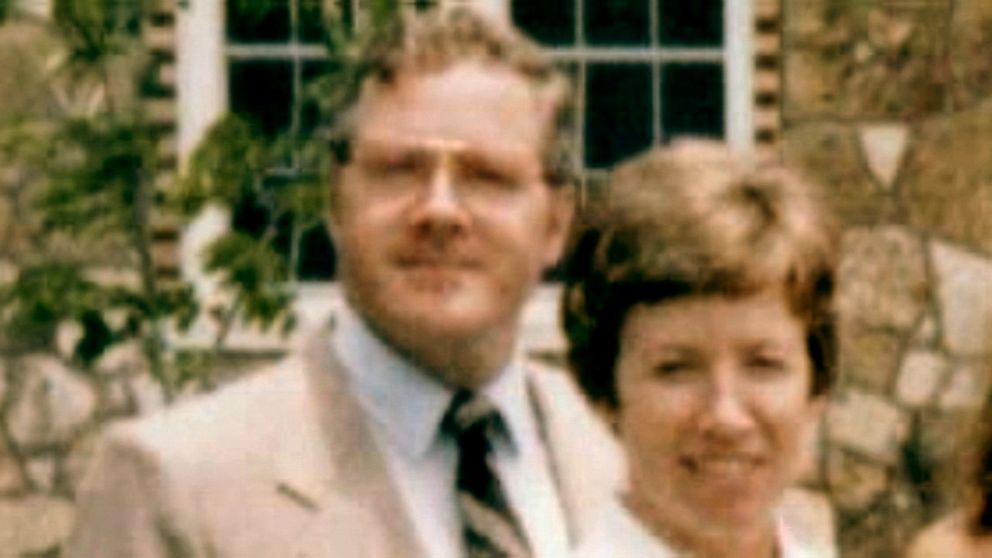
The following morning, Mickey Bryan didn’t show up for work. Eventually, her boss, the elementary school principal, decided to go over to her house, accompanied by her parents. They discovered her body in the bedroom.
Mickey Bryan had been shot four times with a .357 caliber revolver loaded with snake shot rounds -- a round with a plastic cap filled with tiny lead pellets. The Bryans used a similar gun to kill rattlesnakes in their yard.
At first police thought it was a possible burglary gone wrong. The Bryans had left their garage doors open and there were no signs of forced entry, but investigators discovered some jewelry and about $1,000 in cash missing.
Bryan said he was in shock when a colleague pulled him out of the conference to tell him the news.
“You don't want to admit that your life [has] totally changed, and that someone would have the audacity to go [into] our home and kill the most precious person in your life,” Bryan said.
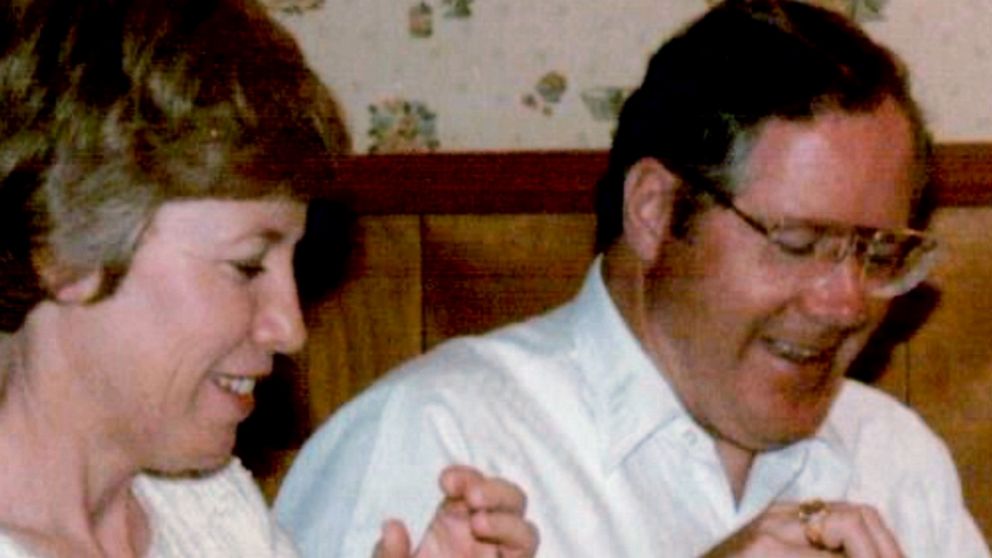
The town was rocked by Mickey Bryan’s killing. It was the second time in four months a gruesome murder had been committed in the tight-knit community.
Judy Whitley, a 17-year-old sophomore at Clifton High School, was found raped and murdered in June 1985. Her body was left in a wooded area near a local grocery store.
“She played in the band at the high school,” her sister Patricia Whitley told ABC News. “She liked to read… she was a good kid.”
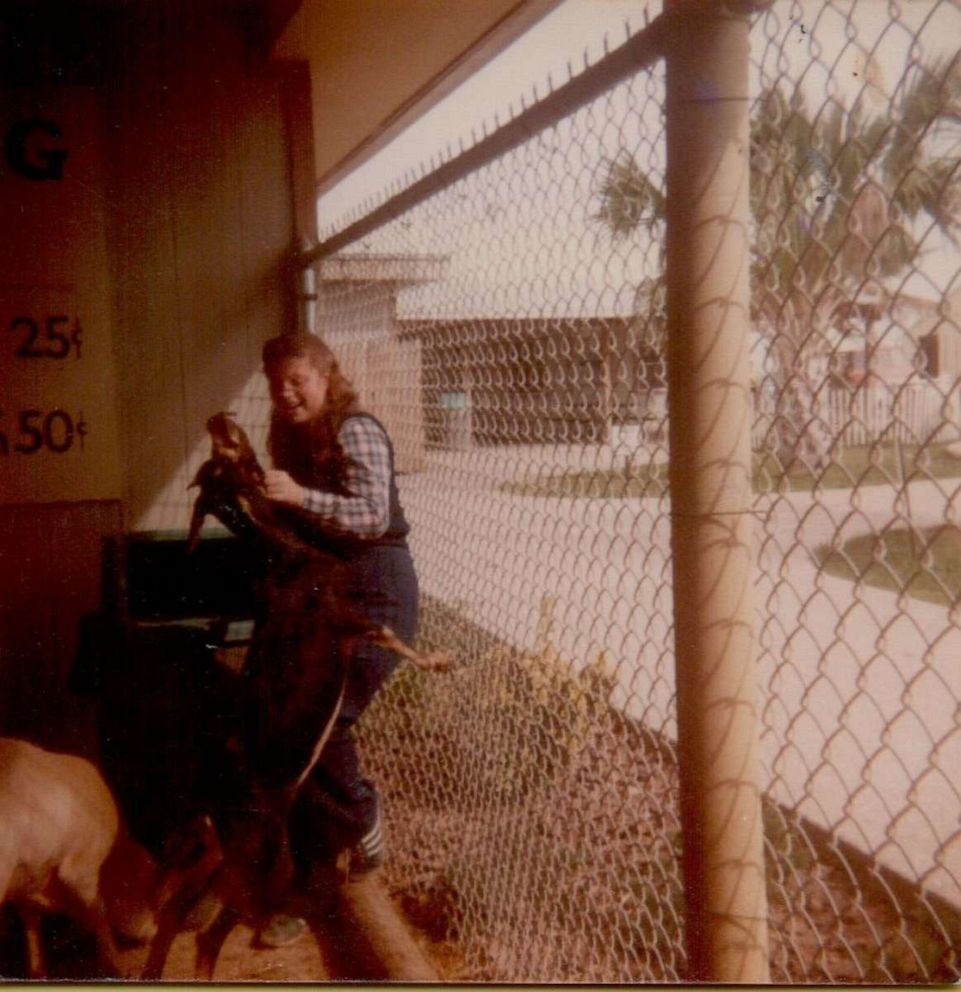
As the investigation of her death unfolded, the police got a tip from her friends that Judy allegedly kept a diary, which was rumored to be at her grandmother’s house. In the early morning on the day they planned to search her grandmother’s house, it mysteriously exploded before burning down while the grandmother was out of town.
The Whitley case remained unsolved for years, but many wondered if the two murders were linked.
When Mickey Bryan’s brother flew in from Florida for her funeral, he borrowed Joe Bryan’s car. He also asked a friend who was a former FBI agent and a private investigator to come to town to advise him on her murder investigation. While they were driving around discussing the case, they found a flashlight in the trunk with what authorities said appeared to be specks of blood and pieces of blue plastic on the lens that resembled bits of plastic found scattered around the crime scene.
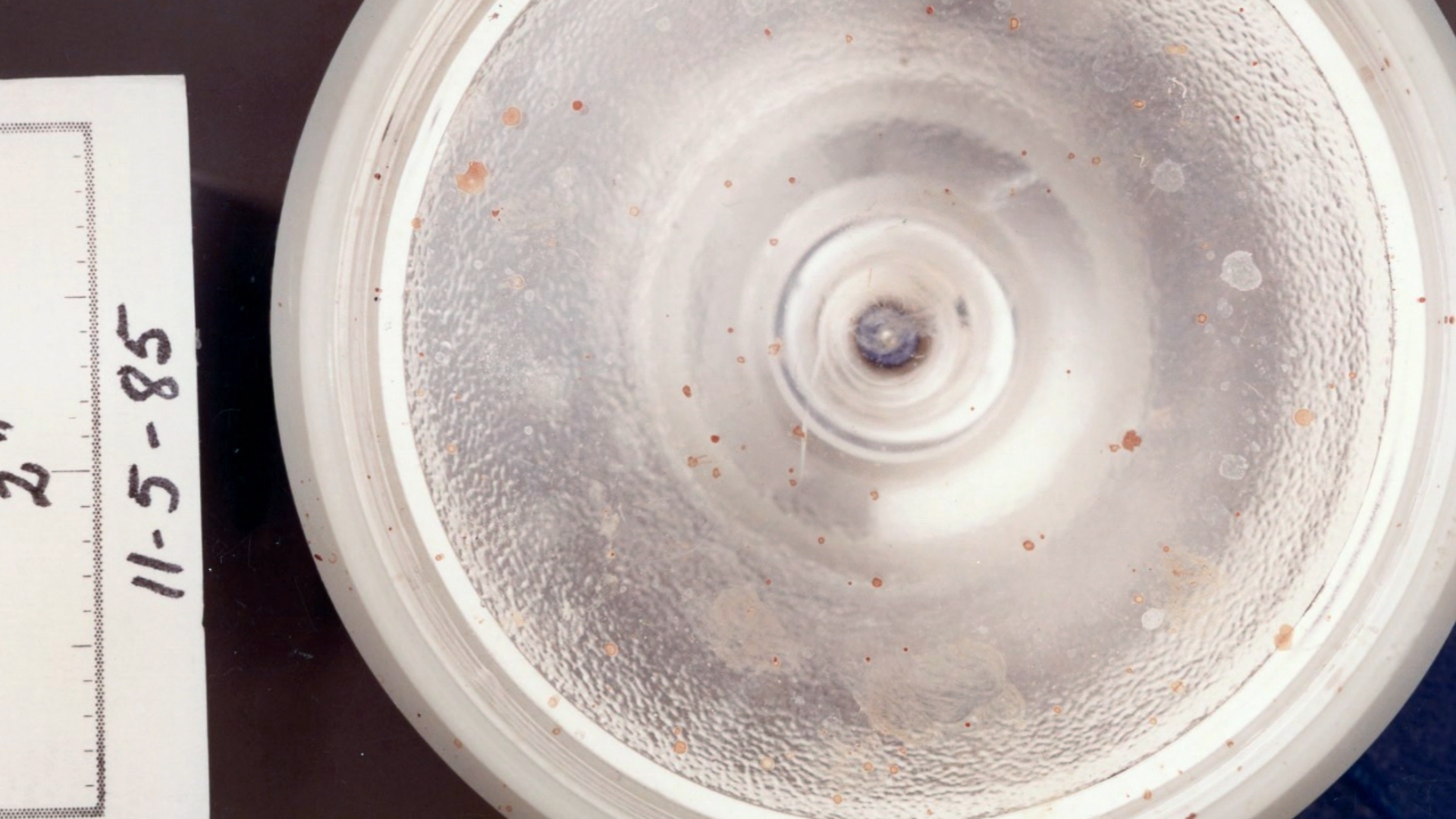
This was a time before DNA forensics, but the Texas Rangers crime lab determined that a speck of blood on the flashlight matched Mickey Bryan’s blood type and the plastic pieces matched the plastic from the snake shot found at the crime scene. The last time Joe Bryan had seen that flashlight, he said, was on the dresser in their bedroom.
Two days later, Joe Bryan reported to police that he had found the missing cash in his car, saying that he forgot he and Mickey had taken the money with them for a shopping trip a few weeks earlier. But when the flashlight was discovered, investigators searched his car and didn’t find the money.
On Oct. 23, 1985, just eight days after Mickey Bryan was killed, police arrested Joe Bryan and charged him with murder.
At trial, prosecutors argued Bryan left his conference, drove home, killed his wife and returned to Austin. One motive, suggested by the lead investigator, was that Joe Bryan killed Mickey for a life insurance payout.
Prosecutors leaned heavily on the flashlight evidence and the testimony of Robert Thorman, a police detective called in by the Texas Rangers who had received bloodstain pattern analysis training -- a relatively new forensic discipline at the time.
Thorman testified that in his opinion, the killer held the revolver and the flashlight at the same time when he committed the murder. The revolver has never been recovered.
“Thorman also testified that the killer would have to have changed his clothes and his shoes in order not to leave a bloody trail,” said Matt Murphy, a former prosecutor and ABC News consultant. “So the implication was that if it was your bedroom, your clothes and your shoes, it would be easy to change and that implicated Joe Bryan.”
Bryan and his defense attorneys argued it was impossible for Bryan to do a roundtrip from Austin to Clifton, commit the murder and get back in time for the conference. He has always maintained he was asleep in his hotel room when his wife was killed.
But Bryan was convicted of first-degree murder in April 1986 and sentenced to the maximum penalty of 99 years in prison.
Man convicted of wife’s 1985 murder, his family recalls impact of life in prison
“Everything you've worked for has been taken from you,” Bryan said, reflecting on the verdict. “Everything you love has been taken from you. Everything materially that you had been taken from you. All you have is just yourself.”
He appealed his conviction and it was overturned because the judge had erred by not allowing additional testimony about Mickey Bryan's life insurance policy, which was worth half the amount that had been stated in court. Prosecutors decided to try him again. The trial was moved to another town, but was overseen by the same judge, and again, prosecutors leaned heavily on the flashlight evidence and Thorman’s testimony.
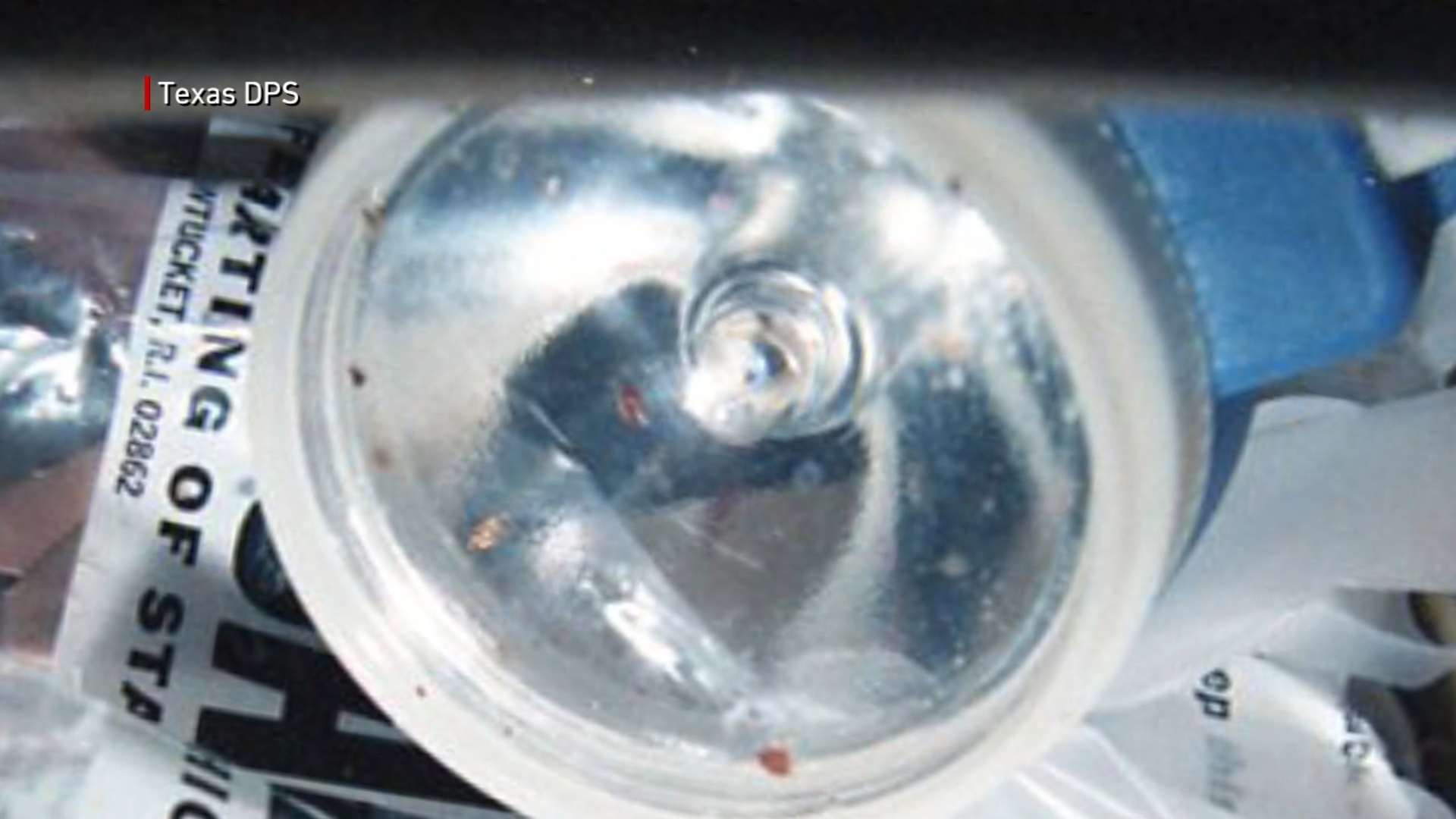
Bryan was convicted a second time and spent the next three decades behind bars.
As Bryan served his sentence, the late Leon Smith, a publisher and editor at the local newspaper, The Clifton Record, reached out to him in the 1990s for an interview. Smith was looking into the Whitley cold case and wondered if it was linked to the Bryan case.
Former Clifton police officer Dennis Dunlap had been with the force for a few months in 1985 when Whitley was killed. He was considered a suspect in her murder, but there wasn’t enough evidence to charge him, according to Kenneth Fields, another former Clifton police officer who worked with him.In 1991, Smith began corresponding with Dunlap through letters, asking him about the murder.
“On my last letter to him, I mentioned points in which he was considered a suspect to Judy Whitley's murder,” Smith told ABC News in his last interview before he died last year.
Dunlap flatly denied having any involvement. In April 1996, he killed himself.
After his death, police interviewed one of Dunlap’s ex-wives, who said he worried he was going to be contacted by investigators for a crime that occurred when he was working in Clifton, and that he told a friend he had killed Whitley. She said Dunlap also told her he had dated “the lady” that “the principal murdered.”
“All he told me was that he dated her. He was dating that lady… he was going, I want to say, I'm not for sure, he dropped her off that night or that evening” she was killed, she said to police.
Texas residents remember 'pure evil' they encountered with 1985 murder case suspect
Authorities tried to pursue a posthumous indictment of Dunlap for Whitley’s murder but were unsuccessful.
The Clifton Police Department announced in 1999 that Dunlap was responsible for Whitley’s death and they considered the case cleared.
Although authorities never tied Dunlap to Mickey Bryan’s murder, Joe Bryan and his family are convinced Dunlap is the one who killed his wife.
“I believe that if the Clifton Police Department and the Texas Rangers, along with the justice system, would have arrested Dennis Dunlap for the murder of Judy Whitley, Mickey would still be alive today, and my uncle obviously would not be in jail,” said Bryan’s niece Cindy Bryan.
To this day, prosecutors maintain Bryan killed his wife and they put the right man behind bars. Mickey Bryan's sister Penny Blue told ABC News she still believes he committed the crime.
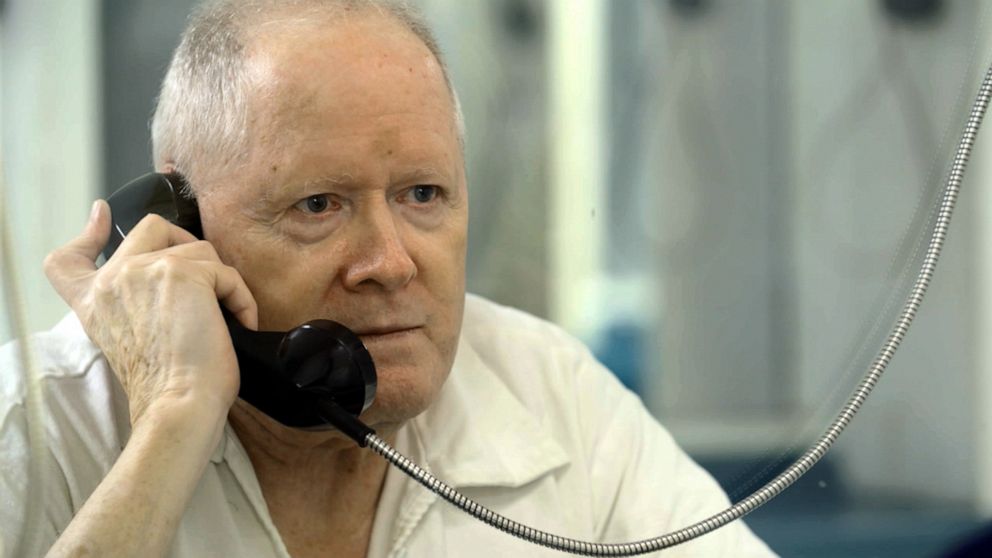
Over the years, Bryan and his defense team made more attempts to have his conviction overturned, but have been unsuccessful. As DNA technology became available, the specks of blood on the flashlight were retested in 2012 and 2018 but the results were inconclusive.
In 2016, Bryan’s defense team filed a complaint with the Texas Forensic Science Commission, which reviewed Thorman’s analysis and testimony from 1985 and ruled that his testimony was unreliable.
Blood spatter expert Celestina Rossi testified that Throman’s testimony in the original trials was “false, it’s unscientific, and... the most horrifying thing I’ve ever read in my life.”
During a 2018 evidentiary hearing, Bryan’s legal team presented new evidence, including the Texas Forensic Science Commission’s rulings, in an attempt to secure a new trial.
Thorman submitted a written affidavit saying, “some of my techniques and methodology were incorrect. Therefore, some of my testimony was not correct.” But in his affidavit, he continued, “in no way did I lie in my report or testimony, as I was doing what I thought was correct as a result of my training at the time.”
Bryan’s defense also pointed to Dunlap as the possible killer of Mickey Bryan, and introduced the statements made by Dunlap’s ex-wife in her interview with police as evidence.
Prosecutors rejected that Dunlap was an alternate suspect and argued that the ex-wife’s recollection years later was “spotty, uncertain and inaccurate.” They pointed to other evidence that they said tied Joe Bryan to Mickey’s murder.
Ultimately, the court sided with the prosecution, deciding not to grant a new trial and the Texas Court of Criminal Appeals upheld Bryan’s conviction.
The wild twists in Bryan’s story were the inspiration for John Grisham’s 2019 book, “The Guardians.” The famous crime thriller novelist said he believes Bryan is innocent and “was struck by... the really incredibly sloppy science that was given to the jury,” referring to Thorman’s testimony.
“I think a just ending to Joe's story is to tell the story of who killed... his beloved wife Mickey, the woman he loved, that would be a great ending,” Grisham said.
Over the years, Joe was denied parole seven times. His eighth parole attempt, however, was successful and Bryan was released on March 31, 2020.
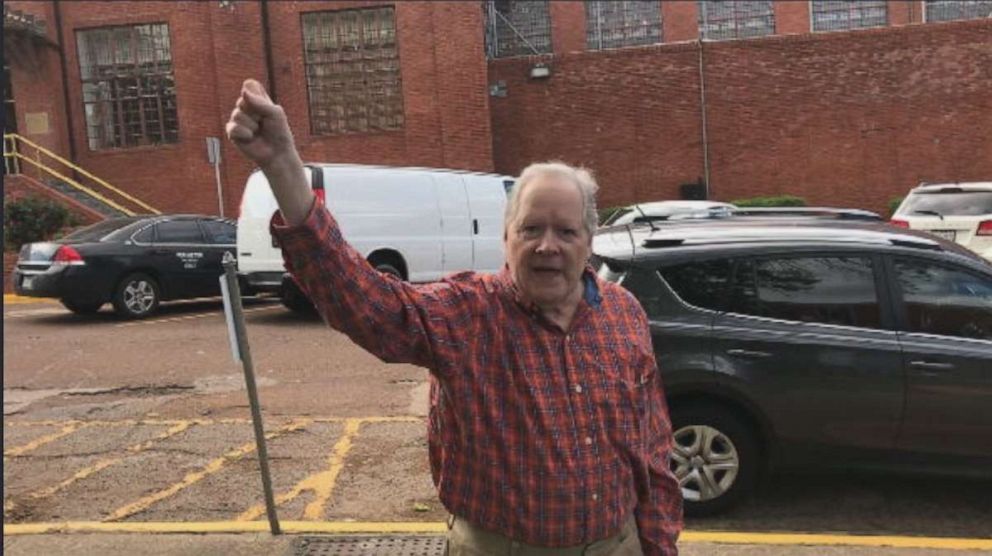
Although his murder conviction remains in place, Bryan is grateful to be outside of prison walls and is still fighting for full exoneration. He plays the piano when he can and attends church regularly. He has faith that one day he and his wife will be reunited.
”Mickey loved life,” Bryan said. “She and I were a real good match... I've got a big picture of her in my bedroom, of the two of us together, and sometimes I catch myself talking to the picture [and I say] ‘I'm ready to see you. I can't wait to see you again.’”




